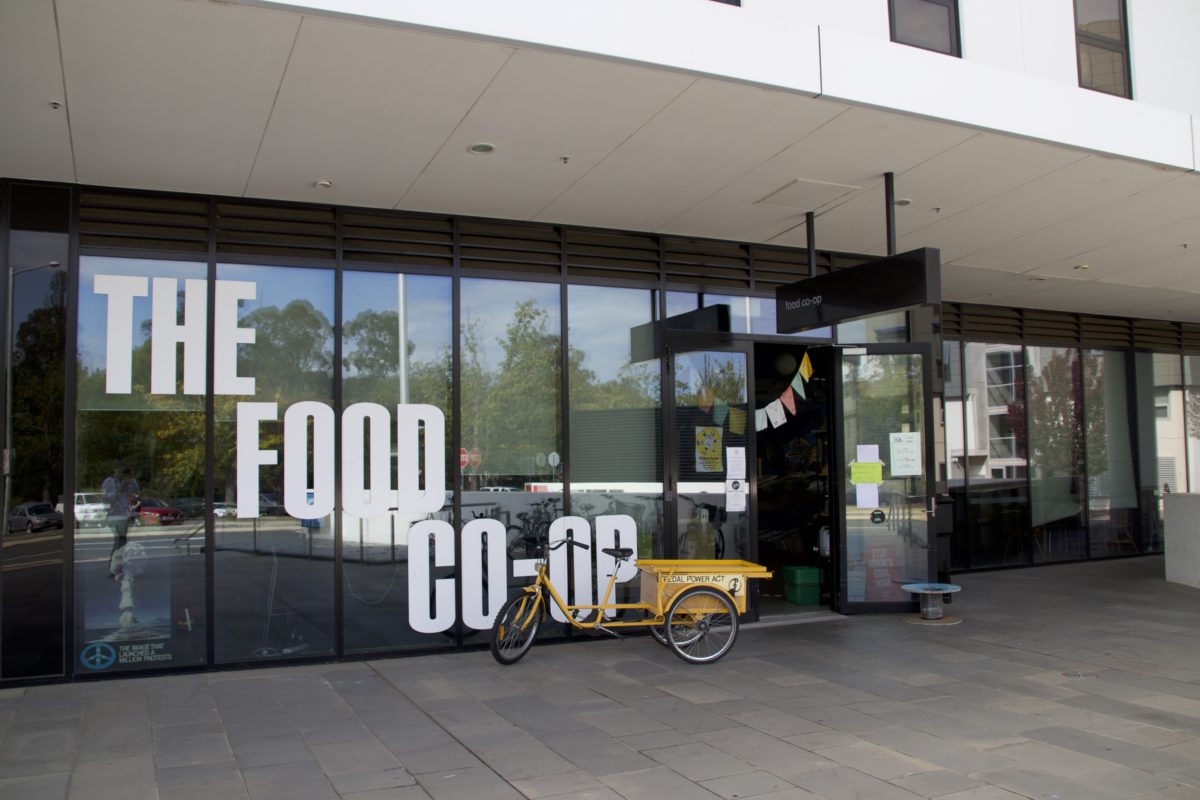Canberra’s Food Co-op says a combination of economic factors, and limited community involvement, may mean it will have to close before the end of the year.
The Food Co-op is a community-run organisation that “provides food for people, not for profit”. The Food Co-op has been operating since 1976 and remains one of ANU’s premier sources of affordable food with lunches for under $10. Located below Lena Karmel Lodge, the Co-op offers support for students in a number of ways, through cheaper meals, a pay it forward system, and ANUSA free meal vouchers. But with the rising costs of living and increasing inflation, financial pressure has resulted in an uncertain future for the Co-op.
Despite the ANU not charging rent, increasing food prices and outgoing expenses are impacting the operations of the Co-op. On top of this, the Co-op is struggling to find enough volunteers and is still recovering from the prolonged effects of the COVID-19 lockdowns. With volunteers having to work more themselves as prices rise, the Co-op is stuck in a feedback loop. However, the Co-op did see an uptick in finances in March and received help from a crowdfunder.
The ongoing challenges affecting the sustainability of the Co-op mean that discussions surrounding the possible closure by the end of 2023 are ongoing. Yani x told Woroni that a number of co-operatives across Australia and New Zealand have faced similar struggles, and all New Zealand food co-ops have closed in recent years.
For the ANU, the closure of the Food Co-op would eliminate one of the most affordable lunch spots on campus. It would also affect the ability to buy affordable bulk-billed products and remove a major community hub. Yani argues that “The Campus increasingly seems to be geared towards professionals rather than students…” and that the Food Co-op provides an antidote to this. The changing face of campus is perhaps best exemplified by the opening of Symposium, an expensive wine and grazing bar.
For any students hoping to help the Co-op, there are several activities that can support them, including; buying lunch or coffee, purchasing products, volunteering, or attending events at the Co-op.
We acknowledge the Ngunnawal and Ngambri people, who are the Traditional Custodians of the land on which Woroni, Woroni Radio and Woroni TV are created, edited, published, printed and distributed. We pay our respects to Elders past and present. We acknowledge that the name Woroni was taken from the Wadi Wadi Nation without permission, and we are striving to do better for future reconciliation.
